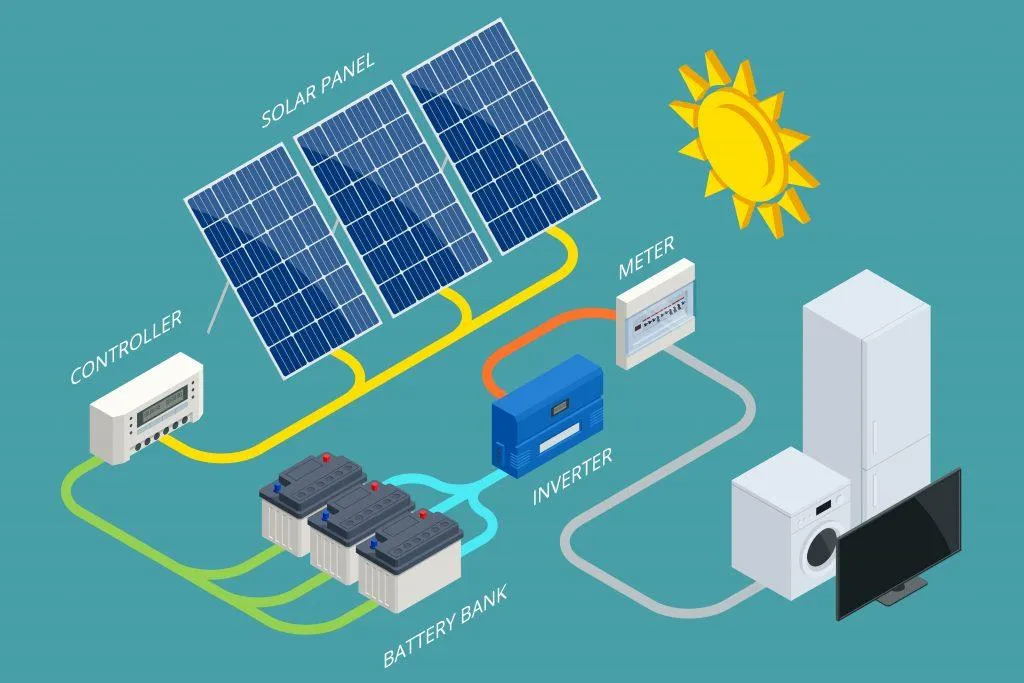
Understanding Solar Equipment Costs: What Impacts the Cost of Going Solar?
Solar Equipment Costs
When considering a solar panel installation, understanding the costs associated with solar equipment is essential.

From solar panels to inverters, each component contributes to the overall price tag.
Here's a breakdown of solar equipment costs:
Solar Panels: Solar panels are the most visible component of a solar energy system. The cost of solar panels depends on factors such as the manufacturer, efficiency, and warranty. Higher efficiency panels may come with a higher price tag but can generate more electricity in less space, maximizing your solar investment.
Inverters: Inverters are essential for converting the direct current (DC) electricity generated by solar panels into usable alternating current (AC) electricity for your home. Inverters come in various types, including string inverters, microinverters, and power optimizers, each with its benefits and costs.
Mounting Hardware: Mounting hardware, such as racking systems and mounting brackets, secures solar panels to your roof or ground-mounted structure. The cost of mounting hardware depends on factors such as the material, design, and installation method.
Balance of System Components: In addition to solar panels and inverters, solar energy systems require balance of system (BOS) components such as wiring, conduit, junction boxes, and monitoring systems. These components ensure the safe and efficient operation of your solar system and contribute to the overall cost.
Battery Storage Systems: Battery storage systems allow homeowners to store excess solar energy for use during periods of low sunlight or high electricity demand. While battery storage can increase the upfront cost of solar, it provides backup power and energy independence, enhancing the value of your solar investment.
Additional Features: Depending on your energy needs and preferences, you may choose to incorporate additional features into your solar energy system, such as smart home integration, energy monitoring, and remote system access. These features can enhance the functionality and convenience of your solar installation but may come with additional costs.
Installation and Labor Costs: Finally, don't forget to factor in installation and labor costs when budgeting for your solar panel system. Installation costs can vary based on factors such as roof complexity, accessibility, and local labor rates. Be sure to obtain multiple quotes from reputable solar installers to compare prices and find the best value for your investment.

By understanding the costs associated with solar equipment, you can budget effectively for your solar panel installation and maximize your return on investment.
Campaign Disclaimer: Bright Solar Pros is a free service to assist homeowners in connecting with local service providers. All contractors/providers are independent and Bright Solar Pros does not warrant or guarantee any work performed. It is the responsibility of the homeowner to verify that the hired contractor furnishes the necessary license and insurance required for the work being performed. All persons depicted in a photo or video are actors or models and not contractors listed on brightsolarpros.com.
Copyright 2026, Bright Solar Pros, All Rights Reserved.
